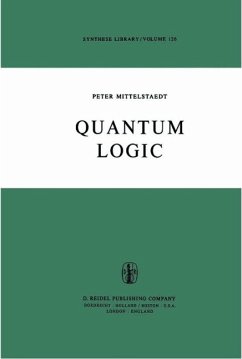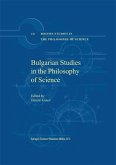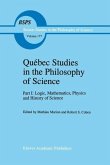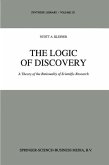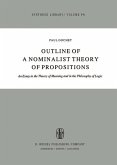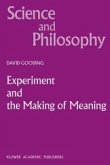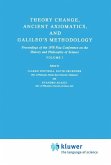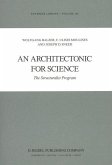In 1936, G. Birkhoff and J. v. Neumann published an article with the title The logic of quantum mechanics'. In this paper, the authors demonstrated that in quantum mechanics the most simple observables which correspond to yes-no propositions about a quantum physical system constitute an algebraic structure, the most important proper ties of which are given by an orthocomplemented and quasimodular lattice Lq. Furthermore, this lattice of quantum mechanical proposi tions has, from a formal point of view, many similarities with a Boolean lattice L8 which is known to be the lattice of classical propositional logic. Therefore, one could conjecture that due to the algebraic structure of quantum mechanical observables a logical calculus Q of quantum mechanical propositions is established, which is slightly different from the calculus L of classical propositional logic but which is applicable to all quantum mechanical propositions (C. F. v. Weizsacker, 1955). This calculus has sometimes been called 'quan tum logic'. However, the statement that propositions about quantum physical systems are governed by the laws of quantum logic, which differ from ordinary classical logic and which are based on the empirically well-established quantum theory, is exposed to two serious objec tions: (a) Logic is a theory which deals with those relationships between various propositions that are valid independent of the content of the respective propositions. Thus, the validity of logical relationships is not restricted to a special type of proposition, e. g. to propositions about classical physical systems.
Dieser Download kann aus rechtlichen Gründen nur mit Rechnungsadresse in A, B, BG, CY, CZ, D, DK, EW, E, FIN, F, GR, HR, H, IRL, I, LT, L, LR, M, NL, PL, P, R, S, SLO, SK ausgeliefert werden.

